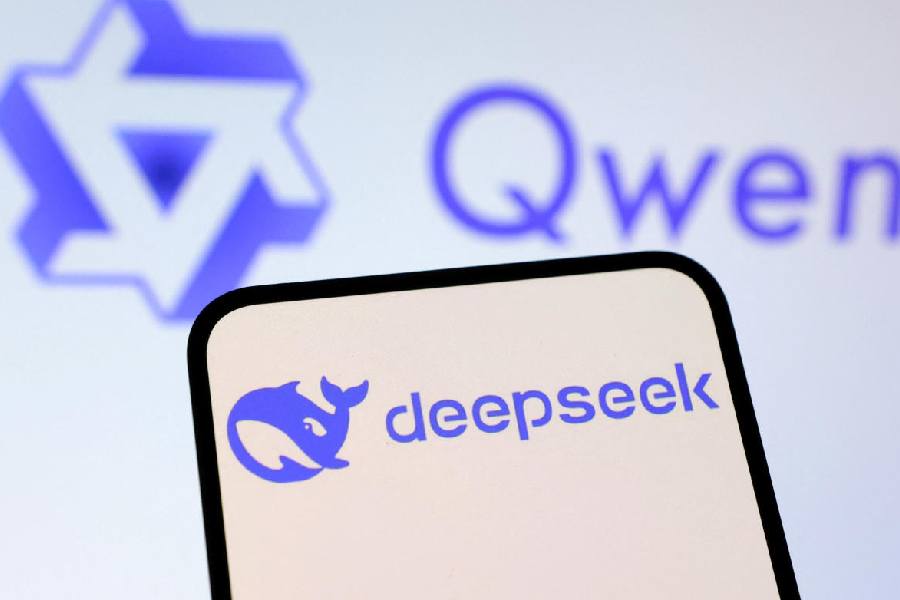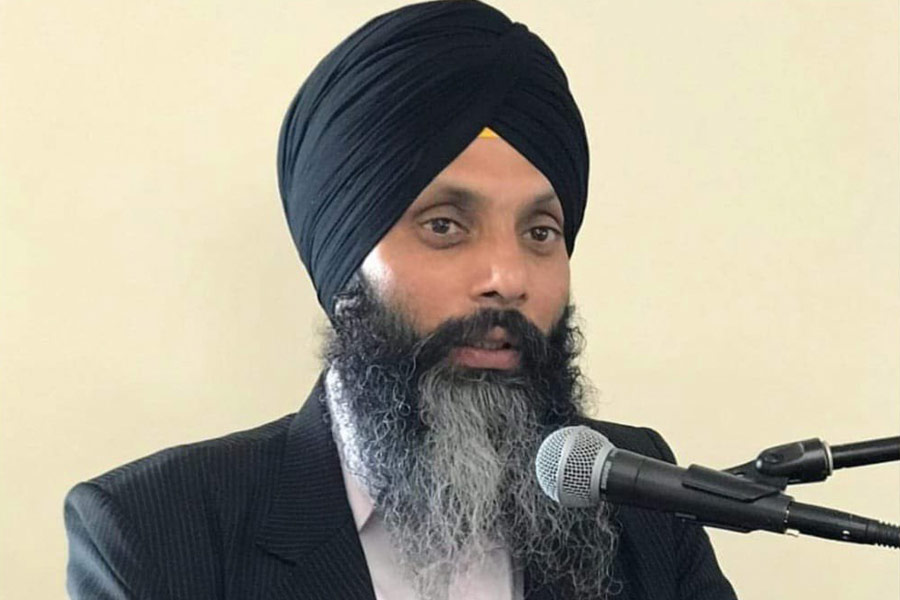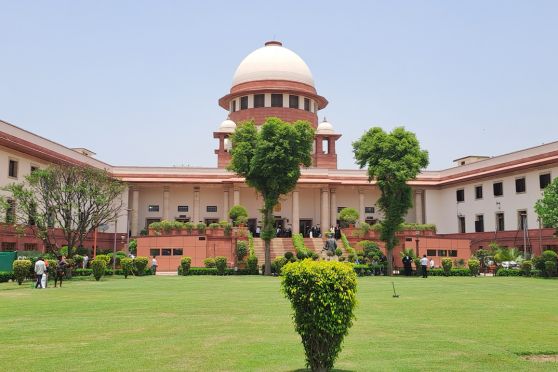This year is the year of elections; more than half the population of the planet will decide who they would be governed by. Some of them have already exercised their franchise while the citizens of the world’s two biggest democracies — India and the United States of America — will cast their votes in the coming days. Elections in regular intervals are one of the defining features of democracy; however, holding a record number of national elections does not mean we are riding a new wave of democracy.
Many of the national elections held this year were neither free nor fair. Pakistan — where political opponents were harassed and dissenters jailed — was a case in point. In other nations, such as those ruled by autocratic leaders, an election is merely a ritual for legitimising the incumbent’s hold on power. Many democracies have taken an illiberal turn in the hands of popular strongmen: Gideon Rachman’s book, The Age of the Strongman, has shown how the cult of strongmen poses a threat to global democracies.
However, at present, autocrats or dictators are not the only ones threatening democracy. There is another danger: that of disinformation.
Information plays a critical role in a democracy. For people to take part in the democratic process and make an informed decision, it is essential that they have access to correct information. The American statesman, James Madison, had once written that “A popular Government, without popular information, or the means of acquiring it, is but a Prologue to a Farce or a Tragedy...” Today, the tragedy is not the scarcity of information; rather the farce is that the deluge of information leads to the blurring between fact and fiction.
High risk
The Global Risks Report 2024 of the World Economic Forum enumerates manipulated and falsified information as the most severe short-term risk and warns of its adverse impact on the electoral process. It is thus important to understand the causes and the consequences of the threat posed by disinformation. We must concede that misinformation, falsification and propaganda are not new; they have been part of every society. But democracy’s relationship with information in the 21st century has experienced a disruptive change on account of technological innovations. In the age prior to the advent of Artificial Intelligence and the internet, the accuracy of information was shaped by its form and source. Now, things have changed radically. Neither form nor source is sacrosanct because, today, we can read about what did not happen, see what does not exist, and hear what has not even been uttered due to technology’s ability to generate disinformation — textual and visual.
This metastasis of misinformation is dangerous for democracy for several reasons. First, it creates a rupture in the public discourse. When collectives exist inside information bubbles, the space for debate and deliberation on shared information or facts shrinks ominously. Deriding contrary opinion and demonising others then become legitimate methods. This impedes democracy as it is meant to thrive
on the multiplicity of information and views. Second, decisions taken by the people or by the government based on spurious information are likely to be deleterious. Third, a large population susceptible to misinformation can easily fall victim to meddling, destabilising forces that become particularly active during elections. Finally, the probable cure to the malaise of disinformation — government control over what the people are allowed to know or should know — can only lead to censorship of unfavourable information and the suppression of critical facts.
In conclusion, we can look back to Madison’s wise words that a people who mean to be their own governors must arm themselves with the power of knowledge.










